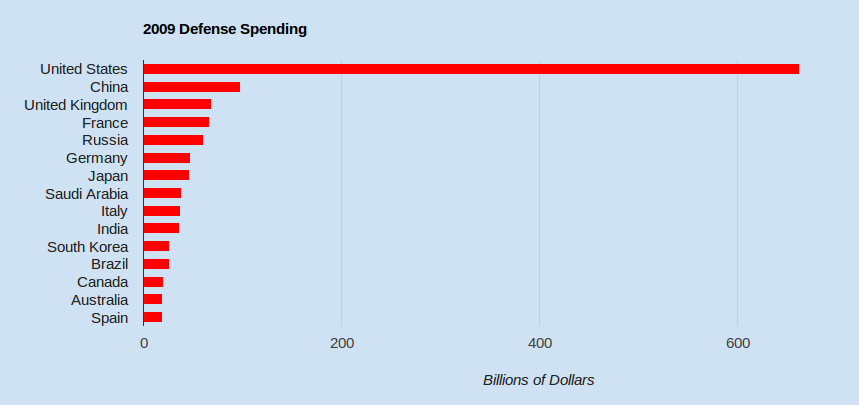


 |
 |
Mr. President: Show the Math on Policy Proposals
|
Volume XXII No.9: March 3, 2017
President Trump addressed a joint session of Congress and the nation on Tuesday.
As would be expected of any new President, he laid out a laundry list of priorities ranging from a border wall to education support, from more infrastructure spending to more defense spending, a reformed health care plan and lower corporate taxes. Newly confirmed Office of Management and Budget Director Mulvaney has the unenviable task of figuring out how to fund all of these initiatives in his inaugural budget documents later this month.
The first budget offset trial balloons haven’t been received so well. The call to boost defense spending by $54 billion was defended with cuts to the Environmental Protection Agency (EPA) and the State Department. A 20 percent reduction of EPA staff was mentioned. Eliminating all EPA funding would only cut spending by $8 billion. And more than $2 billion of that funding goes to wastewater and drinking water funding – infrastructure that the President is supporting. The base budget of the Department of State is $38 billion. When you have a nearly $20 trillion debt – like the U.S. – math matters. Separately, several Republicans in positions of power in Congress are already throwing cold water on the suggestion. It’s worth remembering the old saw ‘The President proposes, Congress disposes.’
The bottom line is that it’s all about the bottom line. The public debt (not including inter-government IOUs like borrowing from Social Security) was at 77 percent of Gross Domestic Product at the end of fiscal year 2016. That’s the highest level since 1950 and far higher than the average of the last 50 years, which has been 40 percent. Making matters worse, under current law – none of the new proposals considered and spending caps in place – Congress’ budget scorekeeper estimates the annual budget deficit would exceed $1 trillion in 2023, and the cost of servicing the mounting debt would soar from $240 billion in 2016 to more than $750 billion in ten years time.
There are no magic solutions to our budget problems. The President has – so far – put reforms to the major entitlement programs like Social Security and Medicare off limits for consideration. The fact is that as more of the baby boomers retire, more budgetary pressure is being put on these programs. Similarly, tax reform shouldn’t just be about reducing corporate tax rates, but developing a more efficient system that encourages industrial creativity and innovation not creative accounting and innovation to avoid taxes.
There have also been rumblings from the Jack and the magic beans budgeting department in the Trump administration. Lawmakers should be skeptical of miracle growth predictions. The OMB has sometimes turned to that canard to justify higher spending. The idea being new policies will yield enormous economic growth that will generate enough revenue to offset our new spending. Congress needs to look to their own nonpartisan Congressional Budget Office for sanity on growth projections. While they may not always be right, they don’t have an axe to grind or a program to promote.
It can be argued that only a little more than a month into the Trump presidency, it is too early to call for details. That criticism is evaporating more each day. Policymakers and the public deserve more information, more details with every passing day. Proposals need to be matched with credible offsets. Platitudes and vague promises need to be replaced by specifics and justification in black and white on paper. President Trump and his team need to show their math.
|
|
Quote of the Week:
“We got to be sure that we are focused on dealing with not just the immediate issue [of the current deficit] but [also] the fact that the projections show that we’re back to $1 trillion in annual deficits in the next 8 years “
• Senator Rob Portman (R-OH) commenting on proposed policies that address ballooning debt projections.
on CNBC's 'Squawk Box'




No comments:
Post a Comment